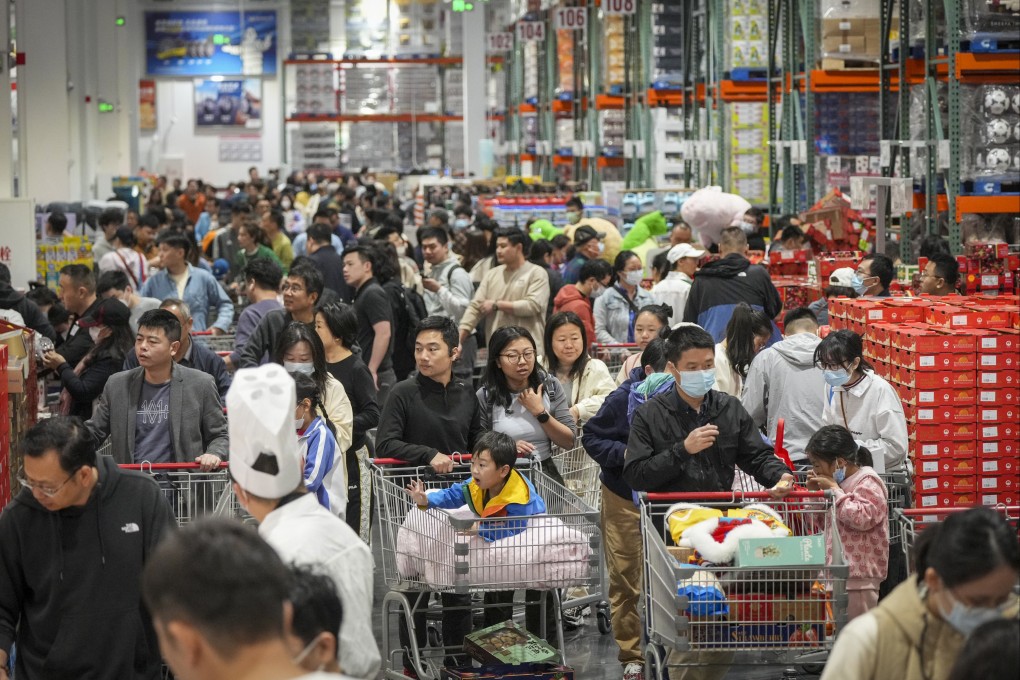Advertisement
1.3 million Hong Kong cross-border trips over festival weekend, but only 424,840 come in
- Retail industry says major holidays no longer a guarantee of spending bonanza in Hong Kong
Reading Time:3 minutes
Why you can trust SCMP
9

Hong Kong residents made more than a million trips across the border over the Dragon Boat Festival holiday – more than three times the number of visitors who travelled in the opposite direction, Immigration Department figures have shown.
Advertisement
The grim news sparked a warning from the retail industry that major holidays were no longer guaranteed to drum up an increase in business for the city.
Department statistics released on Monday showed Hongkongers made 1.3 million trips out of the city from Friday to Sunday and a total of 424,840 people arrived.
A further breakdown found 89 per cent of residents who left had used border checkpoints with mainland China, including Lo Wu, West Kowloon Station and the Lok Ma Chau Spur Line, which suggested they were taking trips north for the long weekend as the festival fell on Monday.
There were 333,692 mainland arrivals to the city over the period, although the festival was a public holiday across the border as well.
Advertisement
“Peak seasons and holidays nowadays no longer manifest the same way we are traditionally used to,” Association of Restaurant Managers’ spokesman Jonathan Leung Chun said.

Advertisement